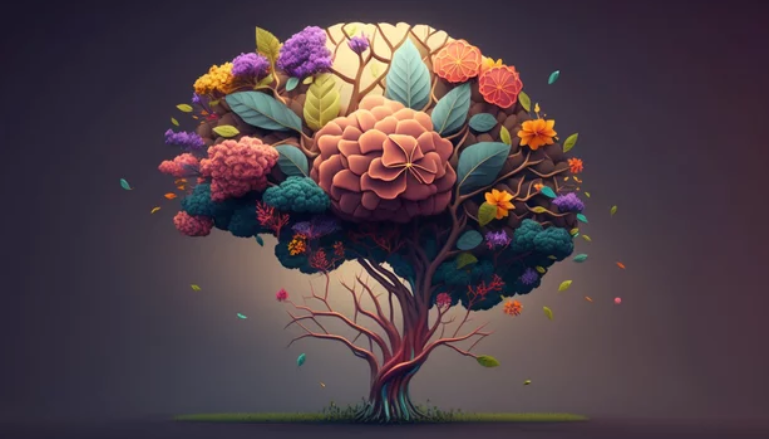Thriving Through Change: Embrace Your Growth Journey
- Cristy Silkin
- Nov 30, 2024
- 3 min read
As a Pre-K teacher currently exploring the concepts of Fixed and Growth Mindsets, I am reflecting on how these ideas can shape my own teaching practices and how they can be fostered in the children I work with. Setting up my ePortfolio has been an enlightening process featuring my Innovation Plan and Blogs by exploring what my personal Why is. Carol Dweck (2006), a Stanford psychologist, defined a growth mindset as the belief that intelligence, abilities, and talents can be improved through effort and persistence. Dr. Dweck’s work has been enlightening, especially in understanding how my own mindset can influence both my professional growth and my ability to inspire the same growth in others, including my students and colleagues.
After reflecting on my Growth Mindset, right now, I believe I am in a transition phase between a Fixed and Growth Mindset. On one hand, I still find myself occasionally wanting to avoid challenges—especially when I am faced with situations where I feel out of my depth. For instance, when introducing new strategies or dealing with challenging behaviors, I sometimes feel the urge to stick to what I know works, fearing failure or judgment. However, I am also trying to embrace challenges more actively by reminding myself that growth occurs in these moments of discomfort.
In terms of a desire to look smart versus a desire to learn, I recognize that I lean more toward a desire to learn, especially as I begin to realize the value in making mistakes and learning from them. This has been especially important in my development as an educator, where continuous learning is critical, not only to help my students but also to improve my teaching practices. However, I am still working on fully letting go of the need for external validation and focusing on personal growth instead.
I’ve noticed that I sometimes give up easily when things don’t go as planned, especially in difficult or overwhelming moments. Yet, when I consciously remind myself to persist, especially after setbacks, I feel more empowered. I see effort as the path to mastery, and this is something I hope to continue to internalize as I become more confident in my abilities.

On feedback, I used to view negative criticism as a personal attack, but I’m gradually seeing it as an opportunity to learn and grow. This shift in perspective is vital, as I work to refine my teaching strategies and ensure I’m meeting the needs of my students.
When I reflect on striving for grades versus embracing learning, I realize I’ve shifted away from focusing on outcomes like evaluations. I want to encourage learning in its truest form, where the process is as valued as the product. This mindset aligns with what I want to instill in my Pre-K students, where the journey of discovery is more important than the outcome.
Finally, the success of others used to feel threatening, but as I continue to adopt a Growth Mindset, I find myself learning from the achievements of others. I recognize that their success can serve as both an inspiration and a valuable source of insights to further my own growth.
In the coming weeks, I hope to continue refining my mindset by seeking out challenges, embracing learning opportunities, and applying this philosophy to my work with children. I want to create an environment where my students can feel safe to make mistakes, learn from them, and persevere. Additionally, I’ll continue to reflect on my mindset to ensure I am modeling a growth-oriented attitude for my students and colleagues.
Looking forward, my goal is to move from a place of self-doubt and occasional avoidance to one of persistence, resilience, and continuous learning. As I develop my ePortfolio, I will include specific strategies that will help me support the growth of others in my educational community.

References
Dweck, C. S. (2006). Mindset: The new psychology of success. Random House.





Comments